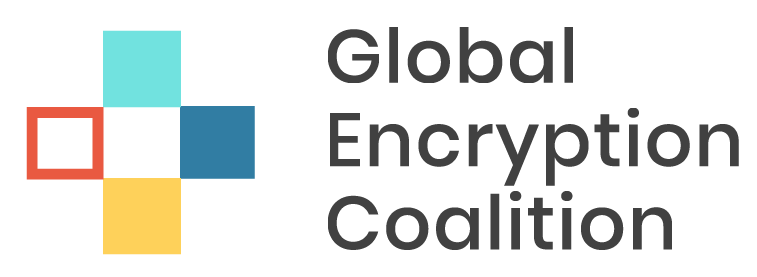68 million of your constituents are at risk of losing the most important tool to keep them safe and protected from cyber-criminals and hostile governments.
End-to-end encryption means that your constituents’ family photographs, messages to friends and family, financial information, and the commercially sensitive data of businesses up and down the country, can all be kept safe from harm’s way. It also keeps us safer in a world where connected devices have physical effect: end-to-end encryption secures connected homes, cars and children’s toys. The government should not be making those more vulnerable to attack. The draft Online Safety Bill contains clauses that could undermine and in some situations even prohibit the use of end-to-end encryption, meaning UK citizens will be less secure online than citizens of other democracies. British businesses operating online will have less protection for their data flows in London than in the United States or the European Union. Banning end-to-end encryption, or introducing requirements for companies to scan the content of our messages, will remove protections for private citizens and companies’ data. We all need that protection, but children and members of at-risk communities need it most of all.
Don’t leave them exposed.
With more people than ever before falling prey to criminals online, now is not the time for the UK to undertake a reckless policy experiment that puts its own citizens at greater risk. We, the undersigned, are calling on the Home Office to explain how it plans to protect the British public from criminals online when it is taking away the very tools that keep the public safe. If the draft Online Safety Bill aims to make us safer, end-to-end encryption should not be threatened or undermined by this legislation.
Sincerely,
ARTICLE 19*
Association for Proper Internet Governance
Big Brother Watch*
Bikal
Blacknight*
CCAOI*
Centre for Democracy and Technology*
Coalition for a Digital Economy (COADEC)
Defenddigitalme
Derechos Digitales*
Digital Rights Watch*
eco – Association of the Internet Industry*
English PEN
Global Partners Digital*
Internet Governance Project, Georgia Institute of Technology*
Internet Society*
Internet Society Ghana Chapter*
Internet Society Hyderabad Chapter*
Internet Society UK England Chapter*
Mega Limited*
New America’s Open Technology Institute*
Open Rights Group*
Paradigm Initiative (PIN)*
Praxonomy*
Privacy International*
Prostasia Foundation*
Riana Pfefferkorn, Research Scholar, Stanford Internet Observatory
Simply Secure*
Statewatch
techUK
The Tor Project*
Tresorit*
Tutao GmbH – Tutanota*
*Members of the Global Encryption Coalition
